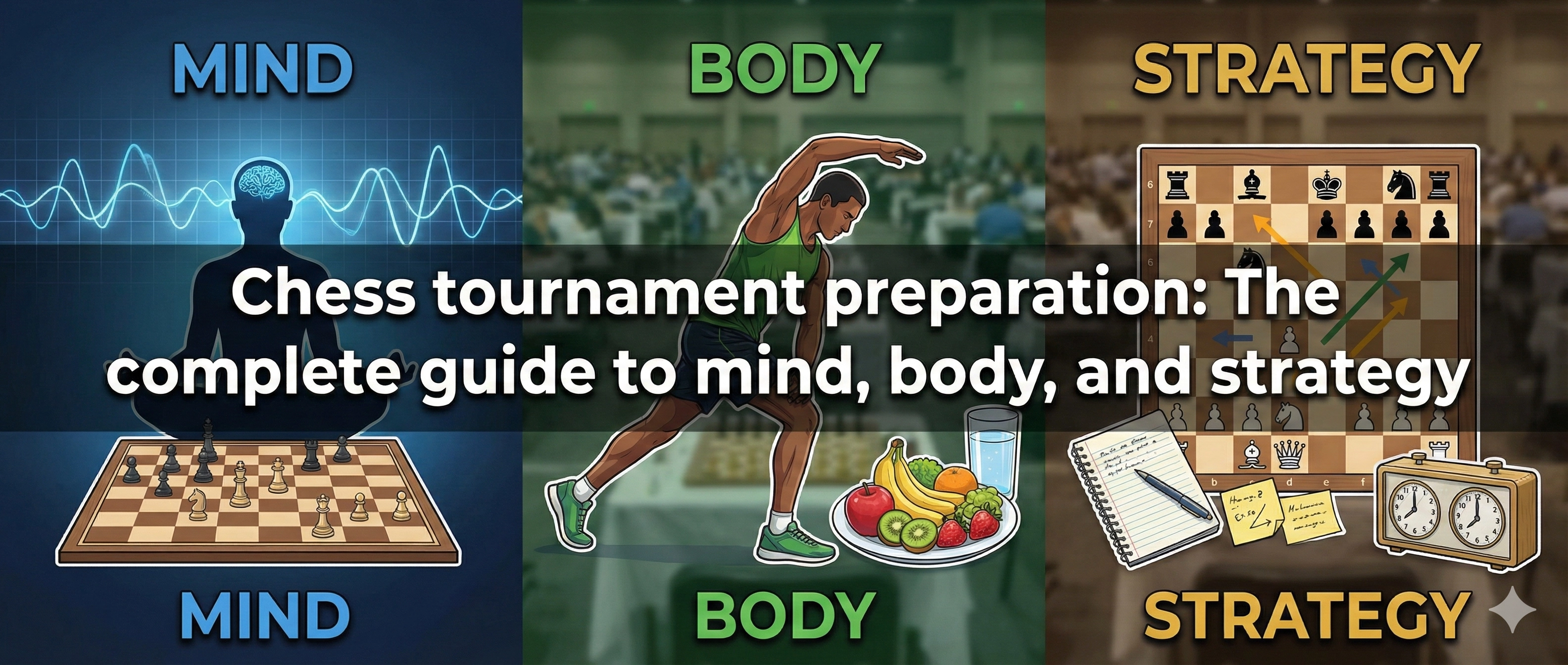Would you rather touch a snake or speak on a stage? I guess you're going with the snake. How do I know? Well, around 75% of the world's population would rather live with a snake than try public speaking.
Yep! As surprising as it is, glossophobia–the fear of public speaking–is one of the most common fears in the world.
Now that we know it's a little short of an epidemic let's discuss what is public speaking exactly. Is public speaking a skill? If yes, how to get better at it.
Public Speaking
Have you ever met someone who avoids school or work presentations at any cost? Public speaking anxiety is more common than you think not just among kids, but even adults. In fact, many people change careers to escape it! In this blog, let’s explore what public speaking really is and why mastering it can open doors to confidence and success.
1. What is Public Speaking?

As the term suggests, public speaking means speaking or delivering speeches in public. The meaning of this term majorly depends on the word "public."
Please note that, here, public means audience. It may be one, two, or even fifty people; it's still public speaking. In other words, from making daily conversations with your siblings to standing on a stage, everything comes under public speaking.
Public speaking is delivering a speech to convince an audience (one or more individuals) about a particular topic. It can be as unimportant as convincing your mom for a pizza dinner or talking about climate change at the UN.
2. Is Public Speaking a Skill?
Yes, public speaking is a skill. Human languages are arbitrary–the words have no relation to their meanings. So, be it English, Sanskrit, or Tonga; one must learn it like a skill to speak it. Similarly, speaking the language in an effective way (the art of public speaking) is also a skill.
Nobody is born with it but learns it gradually to become a good public speaker. As a matter of fact, there are many tips & tricks of public speaking that can make a person a better orator in no time.
For instance, having the correct body language–eye contact, hand gestures, and facial expression–while speaking can help the audience grasp your speech effectively. Here's comparison table for you to understand how body language impacts your performance.
Body language | Horror Story | Patriotic Speech |
Eye Contact | Maintain eye contact | Maintain eye contact |
Facial Expression | Big round eyes, loud expressions, gasps, screams | Regular eyes, formal expression, no gasping or screaming |
Hand Gesture | Dramatic Hand gesture | Formal hand gesture (only a few times) As you saw in the above table, you can change the meaning of the story just with your eyes. Something may not be scary when written on paper, but with the proper facial expression, a speaker can scare anybody and everybody. |
As you saw in the above table, you can change the meaning of the story just with your eyes. Something may not be scary when written on paper, but with the proper facial expression, a speaker can scare anybody and everybody.
3. Is it a Soft Skill or a Hard Skill?
And Why? Public speaking is BOTH— a soft skill and a hard skill. I will tell you why. The definition of soft skills is qualities or attributes, such as loyalty, enthusiasm, punctuality, and a strong work ethic, that someone has but may or may not display at work.
In other words, soft skills are skills—character traits and professional attributes—that are valuable in developing interpersonal relationships at work.
Public Speaking is a Soft Skill

Public speaking or conversational skills are indeed something that you need to communicate with people at work. Now, if you take it as something that you should have by birth, it becomes a character trait.
Earlier good conversational skills were something that came naturally to people. If somebody was a good speaker, it meant that was who they were. For instance, Gandhi.
It was a skill/trait like cleanliness, honesty, punctuality, that helped to showcase your hard skills (that you are trained for) at work. It wasn't something that you could write on your CV/resume. Therefore, public speaking was considered as a soft skill.
Public Speaking is a Hard Skill

Because you can be trained
Now, speaking skills are something that you can train yourself in. You may not be born with this skill, but you can always learn it. There are uncountable courses and diplomas out there.
One doesn't have to be born with excellent speaking skills to become a good speaker. There are public speaking instructors, who can even train a shy person to become a brilliant orator.
Because it's a MUST to gain professional success
Soft skills are qualities that you may or may not display at work, but public speaking skills are mandatory.
Even though there's not any hard-and-fast rule, you'll realize there is no future without good speaking traits. In other words, from getting hired to starting a business, one needs public speaking skills to succeed. Therefore, it's a hard skill.
Because it's a field of study
Public speaking, like hard skills such as dancing, singing, coding, etc., has a dedicated field of study. There are experts who have mastered it and learners who receive proper training. Therefore, public speaking is both a soft skill and a hard skill.
4. Key Pillars of Public Speaking
Public speaking is a skill just like singing, dancing, painting, or even playing chess. If you know the basic elements/key pillars of public speaking skill, you can excel at it with a bit of practice.
In case of speaking, the basic elements can be divided into two types–
While speaking
While writing
While Speaking While speaking, there are key elements that you must keep in mind to become a great public speaker.
Three basic elements of Public Speaking are
Body Language
Voice
Confidence
Body Language

Body language can be improved by focusing on your
Facial expression
Hand gestures
Eye contact
Voice
Voice is the primary yet the most challenging element in public speaking. While delivering a speech in front of an audience, one must be loud enough to be audible without screaming or shouting at the top of their voice.
On the other hand, storytelling requires a different manipulation of voice. Sometimes, it can be too quiet; again, sometimes, it can be as loud as screaming one's lungs out. In short, one must know how to manipulate their voice according to their content.
Things to learn to master Voice Modulation
Change of pitch and pace
Inflection
Tone
Pauses
Emphasis
Confidence

Tips to look confident on stage
Choose the right outfit
Dress according to the topic
Stand straight
Look into the eyes of the audience
Speak as if you're talking to the audience
5. While Writing

Key Pillars of Public Speaking while Writing are
Ethos
Pathos
Logos
Ethos
Ethics & Credibility Ethos is that element in a piece of writing/speech/story that will prove your credibility in the eyes of the audience. There must be something in the content you're speaking about that the audience should instantly trust you.
They should feel that they're listening to someone who has actual experience in that particular subject matter and not fooling them. To do this, talk about the past experience to prove credibility.
Pathos
Emotional Connection While writing a speech/story/article/ad, you must keep in mind to build an emotional connection with the audience. Mention incidents/struggles that everybody can relate to so that your audience feels you've been in their shoes.
Logos
Logic Logos is that part of your speech/write-up that will provide facts and logical explanations for whatever you're speaking. To become an excellent public speaker, your speech must have stats, facts, scientific proof, or historical evidence of what you're claiming in your speech.
Conclusion
Dear readers, public speaking is not only a hard skill but also an essential one. If you want to succeed in your future ventures, then you must be a very affluent speaker.
Having said that, please go through the above content. If you know the basics of public speaking, I am sure you will be a good speaker in no time.
FAQs
1. Why is public speaking a skill?
Public speaking is a skill because it's a learnable skill like other hard skills, such as coding, dancing, horse-riding, etc. In fact, you can enroll in courses and become a certified expert. Also, public speaking is considered a skill because it has become impossible to achieve anything without good communication skills.
2. How can I improve my public speaking skills?
You can improve your public speaking skills by reading aloud, listening to great speakers, and studying legendary speeches, such as Martin Luther King Jr's I have a dream. In addition, you must practice speaking in public or in front of a group whenever you get a chance. Try to go through the same speech at home before performing outside. Make sure you record your performance and listen to it carefully to find low points. I suggest taking online classes for professional help.
3. What are the key pillars of public speaking?
Body language, voice, and confidence are the three key pillars of public speaking.






Comments